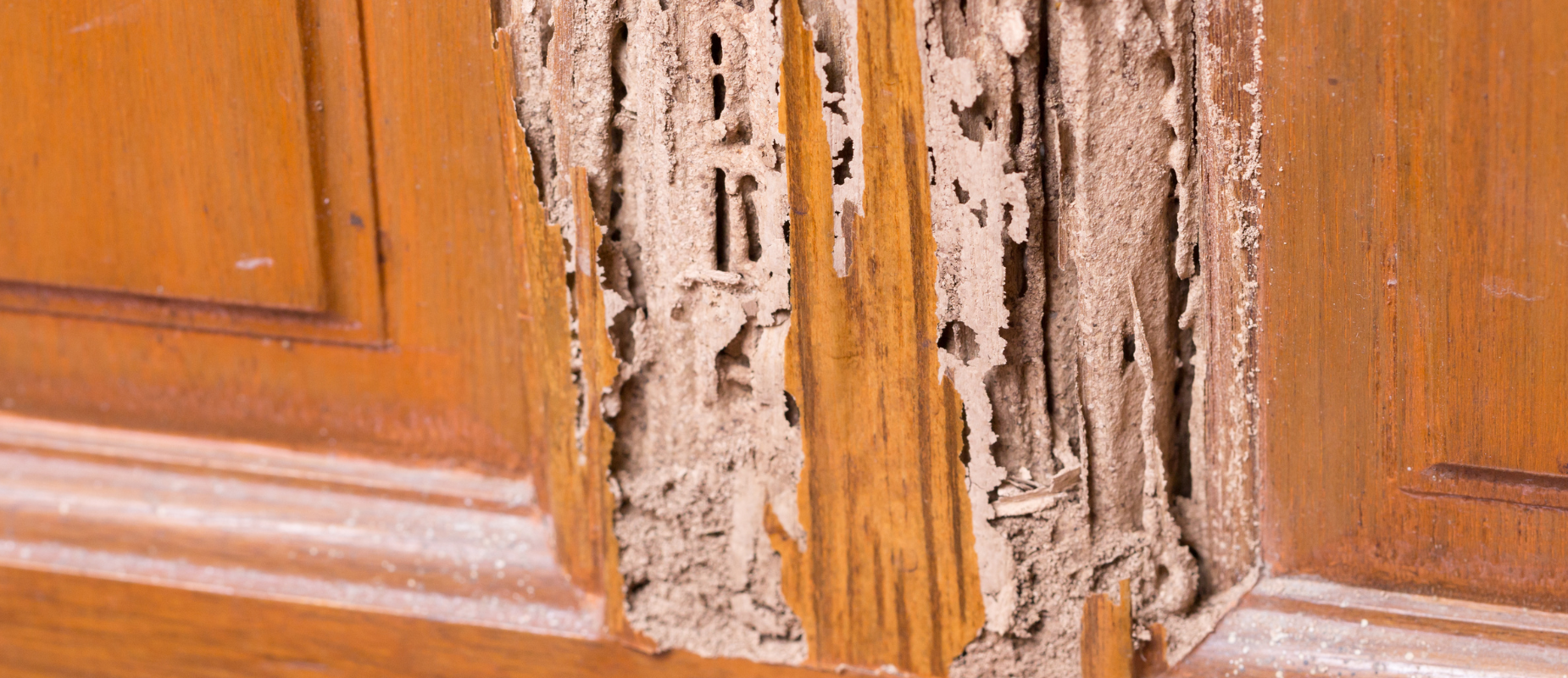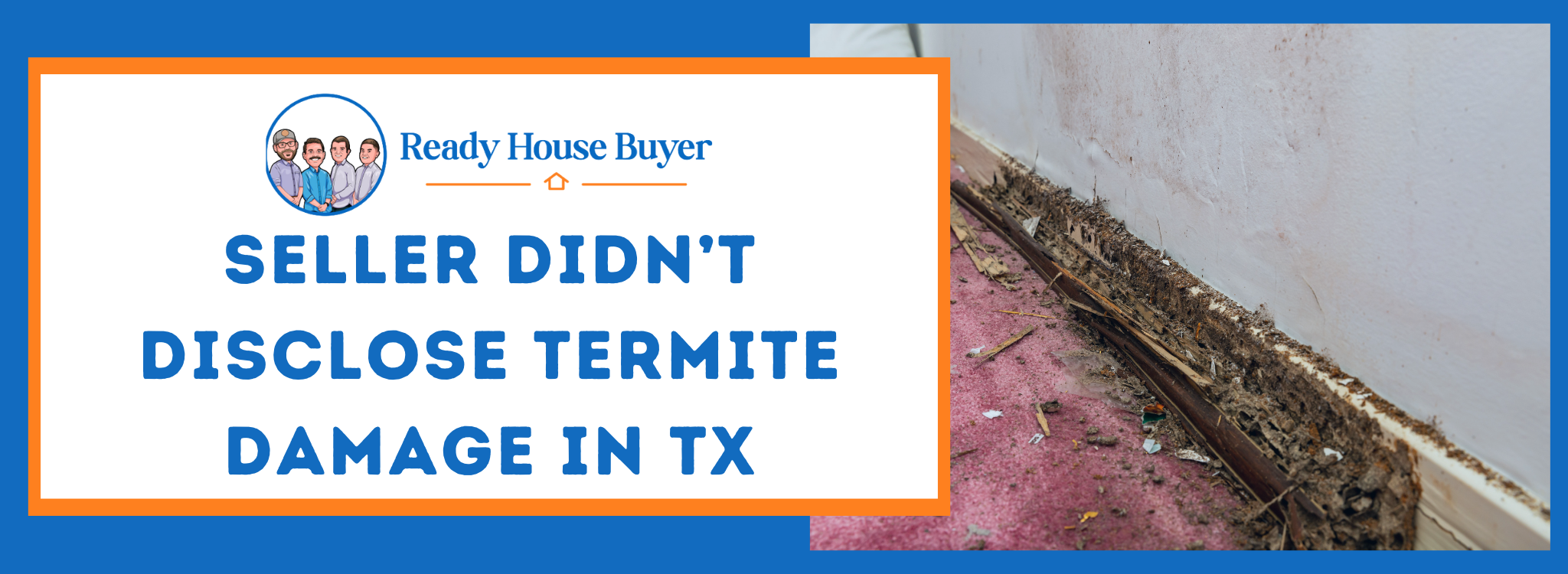
The Importance of Disclosing Termite Damage in Texas
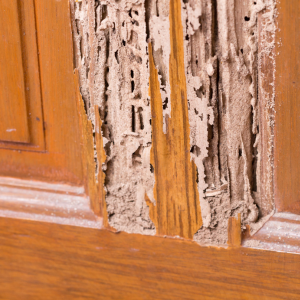
Imagine finding the perfect home in Texas, only to discover it has hidden termite damage. If you’re selling a property, you might wonder if you must tell potential buyers about this. In Texas, you do need to disclose termite damage due to strict real estate disclosure laws. This legal obligation ensures the buyer and seller understand the property’s actual condition, preventing unwanted surprises later.
What Are the Risks if Termite Damage Goes Unreported?
Choosing not to report termite damage in Texas can lead to serious problems. Not disclosing issues like these can make the seller liable for lawsuits. Imagine buying a house you think is in perfect condition, only to discover hidden damage later. This scenario could lead to significant legal challenges for the seller. If you encounter undisclosed property damage, knowing your legal rights is essential. Have you ever dealt with a situation like this? How did you manage it?
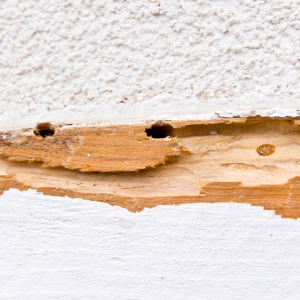
How Does Termite Damage Affect Property Value?
Termite damage can significantly lower a property’s value. When a home inspection in Texas finds such damage, it can scare off buyers. These defects mean buyers often lower their offers due to the repair costs. A home inspection includes checking for termite damage. Have properties in your area decreased in value because of this issue?
Legal Obligations for Sellers in Texas
Sellers in Texas must be aware of their legal duties. State property disclosure requirements mean sellers must honestly fill out the Texas real estate disclosure form. This includes revealing any termite damage. Ignoring these obligations can lead to trouble since the law emphasizes the duty to disclose. How strict do you think these rules are? What happens if sellers skip their responsibilities in Texas? Share your experiences and thoughts!
Recognizing Signs of Termite Damage in Your Texas Home
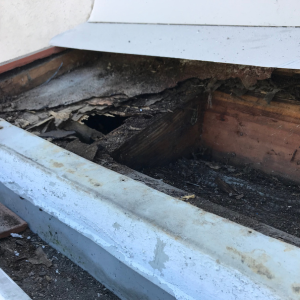
Have you ever entered a room and felt something was off? One of those moments was when I noticed strange patterns on the wood in my living room. At first, I ignored it, but then it hit me—this could be termite damage. In Texas, spotting these signs early can save both time and money.
What Are the Common Indicators of Termite Infection?
What should you look for if you suspect termites? You might notice small holes in the wood or find that your floors feel spongy. In Texas, subterranean termites, damp wood termites, and western dry wood termites are common. Look for mud tubes along walls or foundations, as subterranean termites use these. Discarded wings around your home can also be a warning sign. These are some common termite indicators; a thorough home inspection can reveal more.
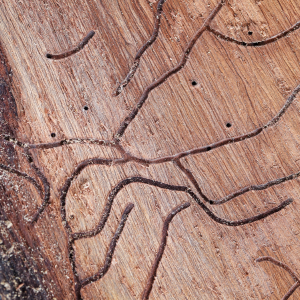
When Should You Hire a Professional for Inspection?
When is it time to hire a professional inspector to check your home? If you see several signs of infestation, it’s a good idea. Professionals have the skills to identify damage accurately. Texas home inspection requirements often recommend using certified inspectors, especially if you plan to sell your property. Real estate law in Texas can be strict, so getting a professional termite inspection early could prevent future legal issues.
How Can Early Detection Save Repair Costs?
Finding termite damage early is important for saving on repair costs. Imagine discovering a problem only after significant damage has occurred. That’s a situation you want to avoid. Detecting termites early can reduce termite damage repair costs in Texas. Plus, having a repair estimate can help you negotiate better during a property sale. Some warranties may even cover termite repairs if identified early. Understanding the benefits of early termite detection can keep your home safe and protect your budget.
Navigating Real Estate Transactions with Termite Issues
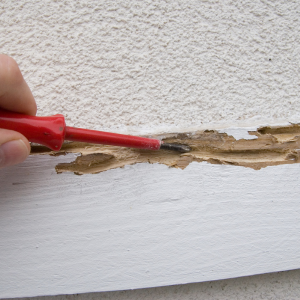
What Steps Should Buyers Take If Termite Damage Is Found?
Hey there! Imagine you’re ready to buy your dream home in Texas, and then—bam!—a termite problem pops up. What should you do? Luckily, as a home buyer, you have certain rights in Texas. It’s important to know your home buyer rights in Texas when dealing with termite damage. These rights help if the property has undisclosed structural damage or material defects.
Here’s what to do if you find termite damage:
- Get a Detailed Inspection: Use your property inspection rights in Texas. A professional will assess the severity of the damage and whether it’s been repaired correctly. Remember, this isn’t just any purchase—it’s your future home!
- Talk to the Seller: If the termite damage wasn’t disclosed, you might face a real estate termite damage dispute. Open communication is key. If it comes to that, you might even need a legal discussion.
- Look into Legal Options: Consider legal action for nondisclosure in Texas. No one likes hidden surprises. Consulting an attorney could help you decide if this path is right.
How Can Sellers Protect Themselves from Legal Liability?
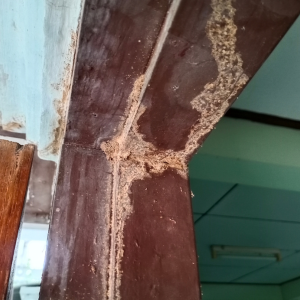
If you’re selling a home, you want to avoid problems related to seller liability for termite damage in TX. Start by understanding Texas real estate disclosure laws. Being upfront about issues like termites helps protect you from future trouble.
Here’s what you should know:
- Full Disclosure: You’ve probably heard, “Honesty is the best policy.” This is especially true in real estate. Your seller’s duty to disclose in Texas means you must be clear about pest damage or repairs. Make sure to document everything!
- Avoid Misrepresentation: Don’t hide information because fraudulent misrepresentation in real estate in Texas can have serious consequences. Knowing and sharing your responsibilities under seller responsibilities in Texas can save you from big problems.
Understanding the Role of Home Inspectors in Texas
This is where home inspectors come in. If you’re involved in a termite inspection in TX, an inspector is your go-to person. They are experts at finding out what’s going on behind those walls.
- Inspection Requirements: Did you know there are specific home inspection requirements in Texas? Knowing whether you’re a buyer or seller can help you feel more confident during the process.
- Inspector’s Duties: Inspectors have many tasks, but one is to check for potential termite damage and follow Texas termite inspection requirements.
Addressing Termite Damage and Repairs
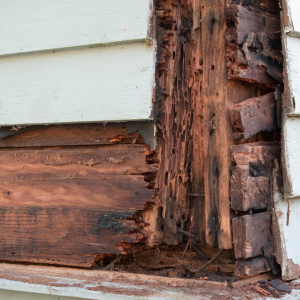
What Are Effective Treatment Options for Termites?
Discovering a termite problem in your home can be quite stressful. Many termite treatment options are available, especially if you’re considering pest control companies in Texas. These companies offer solutions for subterranean termites, damp wood termites, and western dry wood termites.
Have you ever checked the termite control laws in your area? If you’re living in Texas, what’s your experience with exterminators? Some people recommend local TX pest control companies, and I’d like to hear your stories and suggestions.
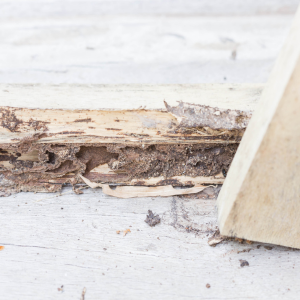
How Long Does It Take for Repairs to Be Completed?
Once the termites are gone, the next step is dealing with the repair timeline. In Texas, termite damage repair estimates can vary a lot. Structural repairs depend on how bad the damage is. Why do you think repair costs in Texas are so unpredictable? How do you find reliable contractors to keep up with a construction schedule? Share any tips you might have!
Who Is Responsible for Repair Costs?
Figuring out who pays for repairs can be confusing. In TX, seller liability for termite damage exists, but there is also termite damage compensation and repair costs allocation.
Have you dealt with property owner responsibility or insurance coverage in Texas? Buyer-seller agreements can make things more complex, and real estate law outlines financial obligations. Has anyone found that home warranty coverage helps with termite issues? Please share how you’ve handled these challenges.
Seeking Legal Advice and Resolving Disputes
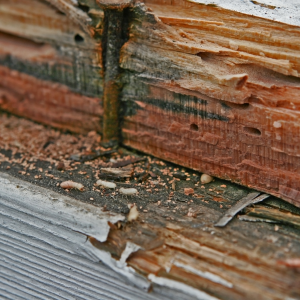
When Is It Necessary to Consult an Attorney?
Have you ever found unexpected issues after buying a house? That happened to me when I found termite damage that wasn’t disclosed. This made me wonder if I needed legal advice. It’s important to consult an attorney if you face nondisclosure or real estate fraud in Texas. For example, if you’re involved in a termite damage lawsuit in Texas and believe the seller didn’t fulfill their duty to disclose vital property details, understanding your legal rights as a buyer is key. A Texas home purchase attorney specializing in real estate law can help you decide if legal action is necessary.
How Can Mediation or Arbitration Help Resolve Disputes?
Do you want to avoid lengthy court battles? Mediation and arbitration might be the solution. These methods of dispute resolution are less formal and often more efficient. If you’re dealing with property disclosure disputes in Texas or broader real estate arbitration issues, these options can help you reach an agreement without going to court. They offer a chance to negotiate under buyer protection laws in Texas. Could conflict resolution be easier with a mediator or arbitrator? It’s worth thinking about if you find traditional legal recourse overwhelming.
What Are the Consequences of Non-disclosure?
Let’s discuss the consequences of non-disclosure. Imagine purchasing a home and later discovering undisclosed defects. That’s frustrating. Non-disclosure can lead to serious legal consequences for a seller, like being liable for real estate fraud. Not disclosing critical issues like termite damage in Texas can make a seller liable. This breaches Texas disclosure laws and amounts to fraudulent misrepresentation in real estate. The results can be severe, with penalties for concealed damage during property sales. Grasping the impact of real estate nondisclosure in Texas is important for any buyer or seller involved in such transactions.
Have you faced nondisclosure in a real estate deal? What steps did you take, and what was helpful in mediation? Share your thoughts and experiences!
FAQs:
What Should I Do if I Find Termite Damage That Wasn’t Disclosed Before Buying a House in TX?
First, check the TX real estate disclosure form given by the seller. If the damage wasn’t listed, you could have grounds for a claim. It’s wise to get a detailed property inspection and seek advice from legal experts about your next steps.
How Does Title Insurance Help in Cases of Undisclosed Termite Damage in Texas?
Title insurance can protect against unknown problems with the property. However, it might not cover termite damage if the seller did not disclose it. Look over your title insurance policy to see what it covers.
Are There Any Other Property Inspection Rights Buyers in Texas That I Might Not Be Aware of?
Yes, in Texas, buyers can conduct inspections before completing a purchase. This is crucial for finding issues like termite damage. A thorough inspection can spot problems early, helping you negotiate repairs or price changes.
Why is a Seller’s Failure to Disclose Termite Damage Considered a Nuisance in Real Estate Transactions?
Not disclosing termite damage breaks trust and legal duty. It can lead to expensive repairs and lower property value, causing frustration and financial strain. Such nondisclosure disrupts the free market, where making informed decisions is crucial.
I’ve Heard That Plumbing Issues Are Commonly Undisclosed Too. How Similar Are They to Termite Damage Concerns?
Like termite damage, undisclosed plumbing problems can be costly and inconvenient. Since they considerably affect the property’s condition, both should be listed in disclosure forms. Buyers should ensure thorough inspections to uncover hidden defects.
Is Buying a Property in the Desert Different When It Comes to Disclosure Requirements Like Termite Damage?
Properties in desert areas may have unique challenges, but the disclosure rules are the same. Sellers must report known issues, no matter the location. Always check disclosures and consider extra inspections suited for the area.
How Can Community Feedback Help Me Deal With This Termite Issue?
Joining a community of other home buyers or real estate forums can provide helpful tips and support. People who face similar issues can share advice on legal steps and potential pitfalls in handling undisclosed damages.
Key Insights
- Have you ever had a seller in Texas who didn’t disclose termite damage? If there’s undisclosed structural damage, this can lead to serious problems.
- What are your rights as a home buyer in Texas if you find out that the seller didn’t disclose termite damage? Understanding the TX property disclosure requirements is a good place to start.
- Has anyone else dealt with sellers who didn’t disclose termite damage in TX? What actions did you take?
- Knowing your property inspection rights in Texas can help avoid surprises like hidden termite issues.
- How did you handle undisclosed structural damage in Texas? Did you need legal advice?
- What remedies are available if a seller didn’t disclose termite damage in Texas? Share your stories.
- Awareness of your home buyer rights in Texas can make a big difference. What has been your experience?
- How did you deal with finding undisclosed termite or structural damage after buying a home in TX? Let’s discuss and share advice!
Are you wondering how to sell a house in Texas? Whether you’re in Dallas, Houston, San Antonio, Austin, Fort Worth, El Paso, or any of the surrounding areas, this guide will provide valuable insights to make the process easier. Not only do these findings apply statewide, but we can also help simplify the process by offering to buy your house directly. If you need assistance or want to sell your home quickly, don’t hesitate to contact us at (214) 225-3038. We’re here to help!

